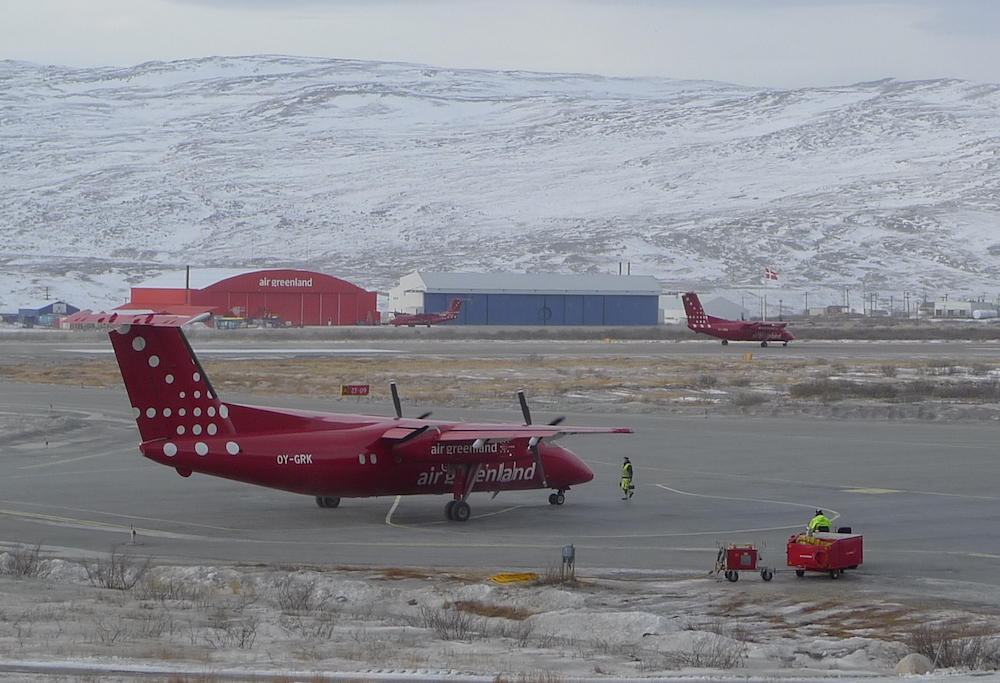Greenlanders abroad to be flown home ‘as soon as possible’ as UK coronavirus variant spreads
Once about 1,000 or so Greenlanders living in Denmark have been repatriated, the country plans to suspend inbound flights until the end of February.

The thousand or so Greenland residents in Denmark told to hunker down there until January 12 in order to avoid a surge of potential COVID-19 bearers returning to the country after Christmas will instead be flown home starting Friday amid fears that delaying their return would increase the chances they will introduce a highly contagious variant of the virus that is now making its way across Europe.
“Our fellow Greenlanders need to come home as soon as possible,” said Vittus Qujuaqitsoq, the finance minister, during a press conference on Thursday. “We are working on that now, and, when they are back, we will close our borders to incoming traffic.”
According the plan presented by Naalakkersuisut and health authorities on Thursday, once all residents have been repatriated, Greenland will suspend inbound flights until the end of February.
No date has been set for repatriation to be complete; the pace will in large part be dictated by a distancing requirement that caps the number of passengers on the daily flight from Copenhagen to Kangerlussuaq — currently the sole route to Greenland — at 150.
[Stay at home for the holidays, Greenland warns would-be travelers]
Similarly, people’s ability to return will be determined by test capacity in Denmark; in order to be permitted aboard a flight to Greenland, passengers must present proof that they tested negative for COVID-19 less than three days prior. The requirement had been five days, but was changed after a high number of people travelling to Greenland for Christmas developed COVID-19 despite testing negative before departure.
Since the start of the pandemic, Greenland has successfully followed a strategy of keeping COVID-19 out of the country in order to head off a potential outbreak, which would quickly overburden its healthcare system.
The new variant, first observed in the United Kingdom in December, is up to 70 percent more transmissible. It has been identified in Denmark, but health authorities there do not expect it to become widespread until February.
[A tough strategy of isolation has protected Greenland from coronavirus — so far]
Greenland’s health authorities, first concerned about the surge of returning passengers, now fear that requiring people to wait in Denmark as the variant spreads there poses the greater risk.
Acting now, according to Henrik Hansen, the chief medical officer, would allow Greenland to keep out the variant and prevent “a catastrophic epidemic.”
“It is highly likely that it would cause widespread transmission, which would have a number of consequences. The last thing we want is for this new variant to be introduced in Greenland,” he said.